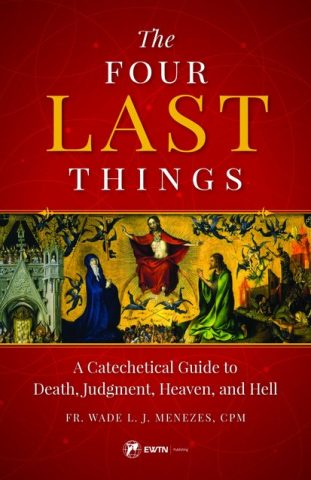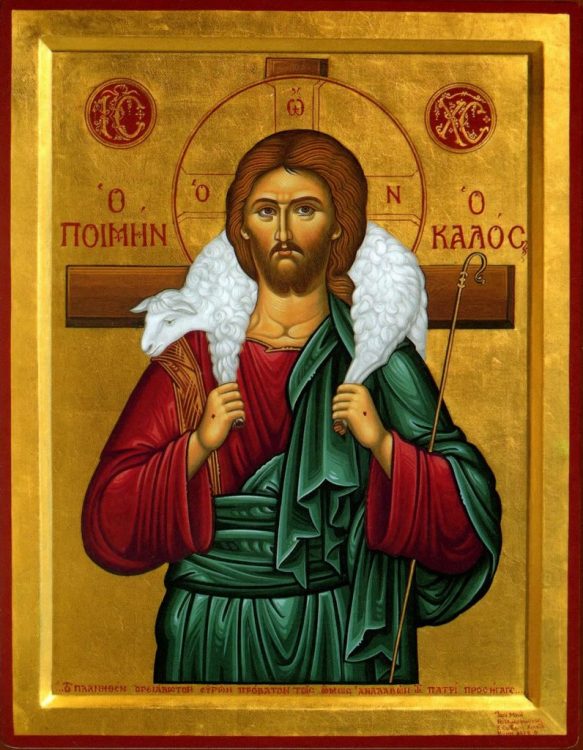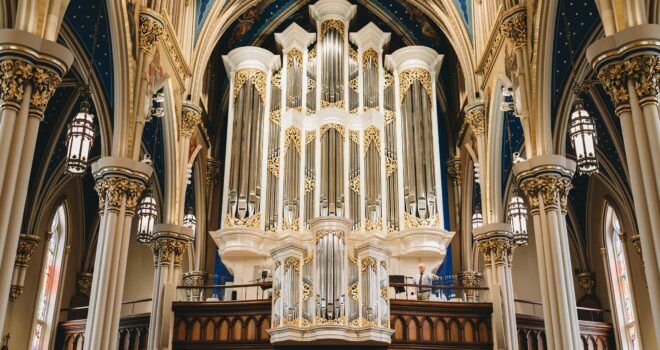BOOK PICK: The Four Last Things: A Catechetical Guide to Death, Judgment, Heaven and Hell
The Four Last Things: A Catechetical Guide to Death, Judgment, Heaven and Hell
By Father Wade Menezes, 128 pages, $14.95, EWTN Publishing, 2017, To order: ewtnrc.com or (800) 854-6316
“We are created for the Beatific Vision — heaven for all eternity with the Blessed Trinity — the God from whom we are called to return.” Father of Mercy Wade Menezes shares this truth in his enlightening and uplifting book on eschatology, The Four Last Things: A Catechetical Guide to Death, Judgment, Heaven and Hell.
The word “eschatology” is derived from the Greek word “eschaton,” meaning “last,” and refers to the study of the end of our lives and the end of the world. The Four Last Things is essentially a layman’s guide to the Church’s teaching on “a beautiful and consoling doctrine,” which is designed to help us “work out our salvation” by living dedicated and faithful Christian lives.
In the first chapter, Father Menezes teaches that death is real, and life is short. Through Scripture passages, succinct saint quotes and excerpts from the Catechism of the Catholic Church, he teaches the reality of death and how to deal with it. He also covers the particular judgment each individual faces when he dies and the general judgment that will take place at Christ’s Second Coming. He shares the wisdom of St. Thomas Aquinas: “Everyone — past, present and future — will be judged. … Now, then, is the time for mercy, while the time to come will be the time for justice only. For that reason, the present time is ours, but the future time will be God’s only.”
Heaven is “the culmination of our faith,” and it is where God desires us to spend our eternity. “It is indeed our ultimate home, and it is there that we find our ‘completeness’ and ‘utter fulfillment’ as human beings made in the image and likeness of God.” He goes on to describe what heaven will be like and details the characteristics of the risen body.
Hell is real, despite the fact that there are those in our society who deny its existence, he also details. While we have official canonizations of saints in the Church or confirmations that a soul has gone to heaven, we have no “official damnations.” We do, however, have many descriptions of hell in both the Old and New Testaments, which Father Menezes reveals. He also shares the wisdom of the saints and the words of Pope Benedict XVI, in precisely describing hell: “For if we ask ourselves what being damned really means, it is this: taking no pleasure in anything anymore, liking nothing and no one, and being liked by no one. Being robbed of any capacity for loving and excluded from the sphere in which loving is possible — that is absolute emptiness, in which a person exists in contradiction to his own nature.”
In the final chapter of the book, Father Menezes provides practical steps to living a sanctified life.
The Four Last Things is an informative and inspiring book that not only instructs on Church teaching, but encourages readers to become saints.
It raises awareness of the reality of eternity and gives us the tools we need to remain faithful in this life as we strive for salvation in the next.
Jean M. Heimann blogs at CatholicFire.blogspot.com.







